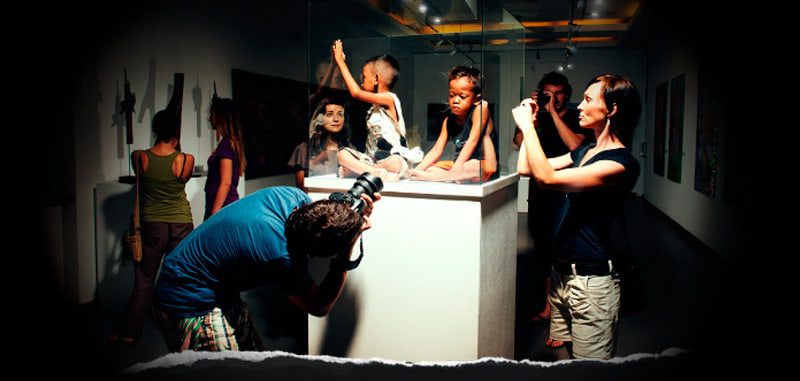The tide continues to turn against the promotion of orphanage tourism, but there is still much work to be done.
Intrepid made a public stand against the travel industry’s support of the institutionalisation of children in January, promoting its partnership with not-for-profit ReThink Orphanages.
“That’s one of our main focuses this year – raising awareness about the detrimental effect orphanages can have both on a place but also as part of our commitment to child protection,” James Thornton told KarryOn.
He referred to statistics which reveal 8 million children are living in residential care around the world despite the fact that over 80% of these children actually have a living parent or family member.
“That doesn’t really seem right to us,” Thornton said.
“Poverty is not an excuse for a child to be taken away from their parents.”
Since then, some of the biggest names in the industry have made similar pledges, including G Adventures.
“G Adventures does not support orphanage tourism,” the president of its non-profit arm Planeterra Jamie Sweeting told KarryOn.
“In fact, to go a step further to protect children in tourism, we became part of the Friends International’s ChildSafe Movement in 2016 and we are taking steps to develop an official Child Welfare Policy and become ChildSafe Certified to be announced in 2017.”
Sweeting underlined the organisation’s commitment to “improving the lives of children of children through tourism”. But he stressed that it worked towards this by supporting local non-profit and social enterprises around the world that instead focus on women’s empowerment, youth engagement and indigenous community outreach.
Chimu Adventures co-founder Greg Carter also had a firm position on the issue.
“We’re not into poverty porn, and basically showing people those that are less fortunate than themselves,” he told KarryOn.
“A lot of organisations are profiteering from other people’s misery and we think that’s not the way forward.”
So the company doesn’t facilitate people who want to go and volunteer at an orphanage in Peru for a week. Instead, it will put people in touch with a relevant organisation to organise it themselves.
“We don’t organise or take money from that and that’s always been the case,” Carter stressed.
The organisations it has connections with have similar values. For example, an orphanage in Lima is run by a woman who puts volunteers to work peeling potatoes or in the kitchen rather than putting them in direct contact with vulnerable kids.
Meanwhile, Adventure World managing director Neil Rodgers also confirmed that Adventure World has never had any programs that feature orphanage tourism.
That is mainly due to the “stringent” vetting procedures implemented by The Travel Corporation’s Toronto-based Treadright Foundation, he explained.
Leigh Matthews of Rethink Orphanages told KarryOn that the response from larger industry operators had been encouraging with retail giant Flight Centre currently in talks to join its program.
However, the challenge lies among the smaller operators which rely more heavily upon orphanage experiences and voluntourism as a source of business.
“It’s a little hard for them to conceive of shifting things,” she said. While some have been really open to discussion on the topic, others have refused to engage.
“That’s really challenging given they’re in a really great position to educate people that want to help.”
So what does the shift actually look like? It’s a complex issue.
“We don’t advocate for organisations that are currently supporting orphanages to immediately cut support because that would be a child protection issue in itself,” Matthews explained.
“It’s about trying to understand how they are contributing to this issue, what changes can be made and how can we make them in a way that doesn’t harm organisations or children – it really depends on the project they’re supporting and their level of involvement.”






